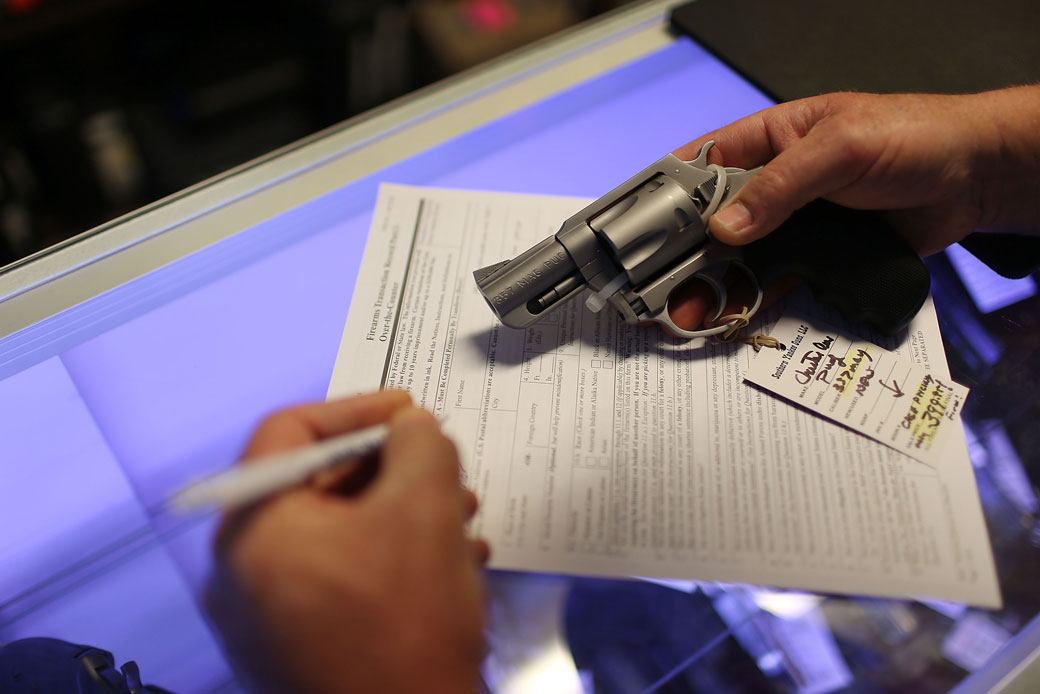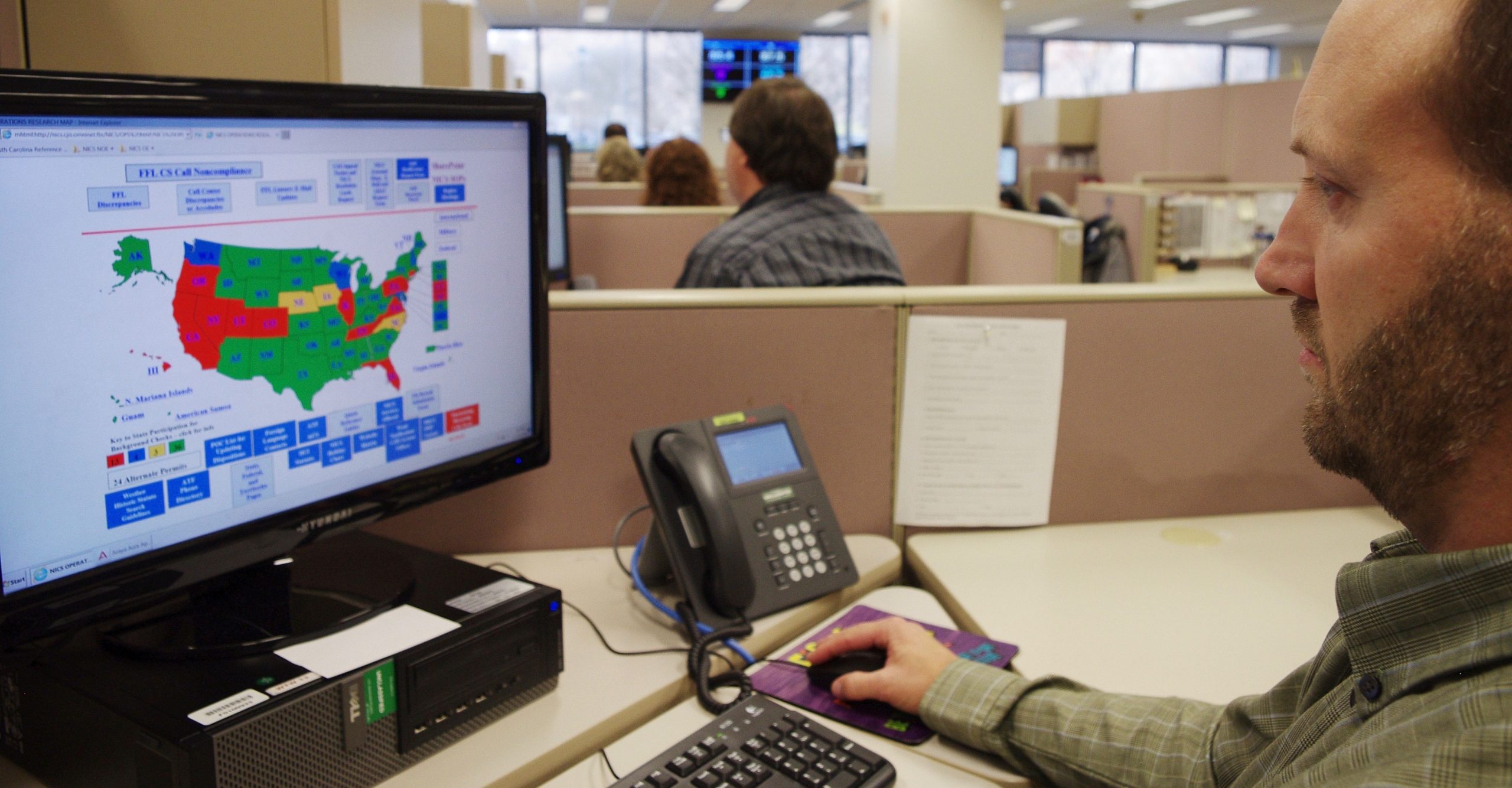Background checks are a key component in ensuring that guns are only sold to eligible individuals when purchasing a firearm. These checks are required by federal law for most transactions and are intended to prevent guns from falling into the hands of those who may pose a risk to themselves or others. Understanding this process is crucial for navigating legal firearm purchases as a new gun owner.
What Background Checks Aim to Prevent:
- Firearm access for convicted felons.
- Gun purchases by individuals with mental health issues.
- Transactions involving those with a history of domestic violence or substance abuse.
How Background Checks Work
Background checks for gun purchases are conducted through the National Instant Criminal Background Check System (NICS), which is managed by the FBI. When you attempt to buy a firearm from a licensed dealer, they will submit your information to NICS, which then checks your criminal history, mental health records, and other factors to determine if you’re legally allowed to own a gun.

Key Steps in the Background Check Process:
- Submit personal identification information to the dealer.
- Dealer contacts NICS to perform the check.
- NICS checks various databases for disqualifying factors.
- The check is usually completed within minutes but can take up to three days.
Federal vs. State Requirements
While federal law mandates background checks for gun purchases through licensed dealers, some states have additional requirements that may be stricter. For example, some states require background checks for private sales or at gun shows, while others impose waiting periods before you can take possession of your firearm. It’s important to know your state’s laws in addition to federal regulations.
Examples of Additional State Requirements:
- Private sales: Some states require checks for all gun sales, not just from licensed dealers.
- Waiting periods: States like California impose a waiting period before you can collect your firearm.
- Permits: Certain states require a permit before buying a handgun or other types of firearms.

What Can Affect Your Background Check
Several factors can lead to a delay or denial of your background check. Common disqualifiers include a history of felony convictions, domestic violence charges, or certain mental health conditions. Additionally, if there are discrepancies in your personal information, like outdated addresses or errors in the criminal database, it could result in a delay while these details are verified.
Common Disqualifying Factors:
- Felony convictions or indictments.
- Restraining orders or domestic violence convictions.
- Documented history of severe mental illness.
- Substance abuse or addiction.
What to Do If Your Background Check Is Delayed or Denied
If your background check is delayed, it may simply require additional time to verify information. In most cases, the dealer must wait three business days before proceeding with the sale if NICS hasn’t responded. If your check is denied, you will receive a written notice explaining why, and you have the right to appeal the decision if you believe it was made in error.
Steps to Take If Denied:
- Request the reason for denial from the dealer.
- File an appeal with the FBI if you believe there was an error.
- Correct any discrepancies in personal information or criminal records.

